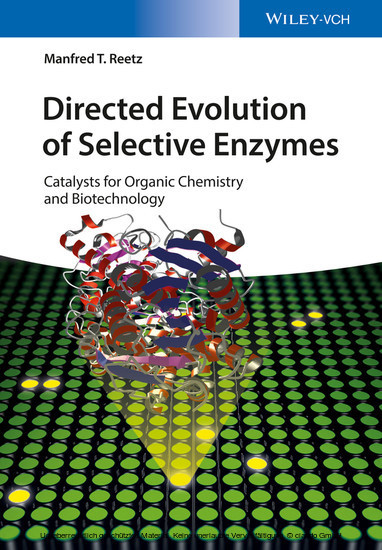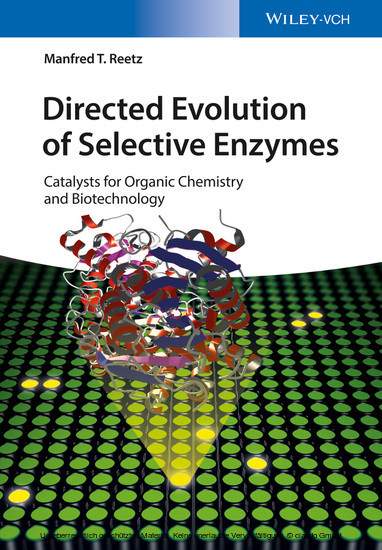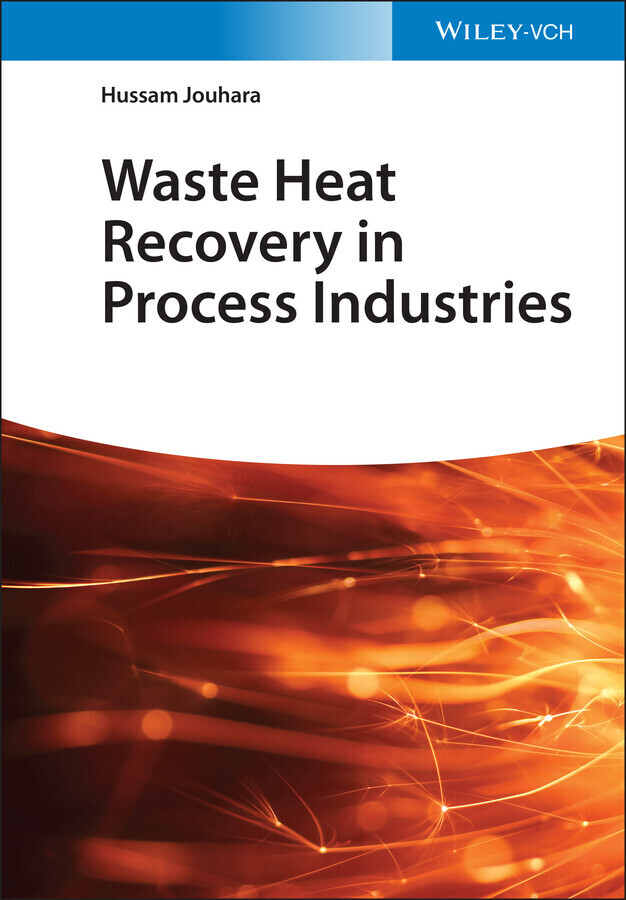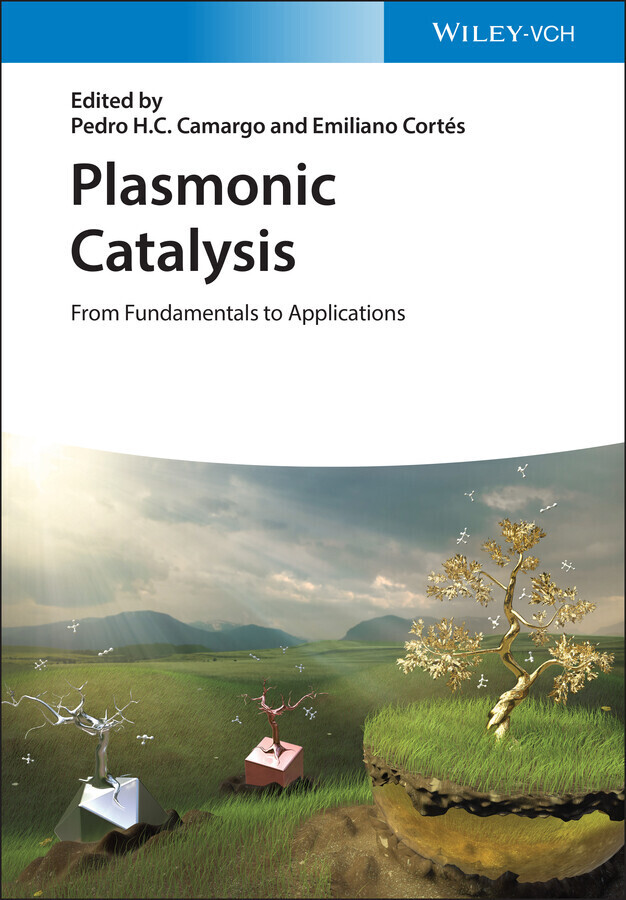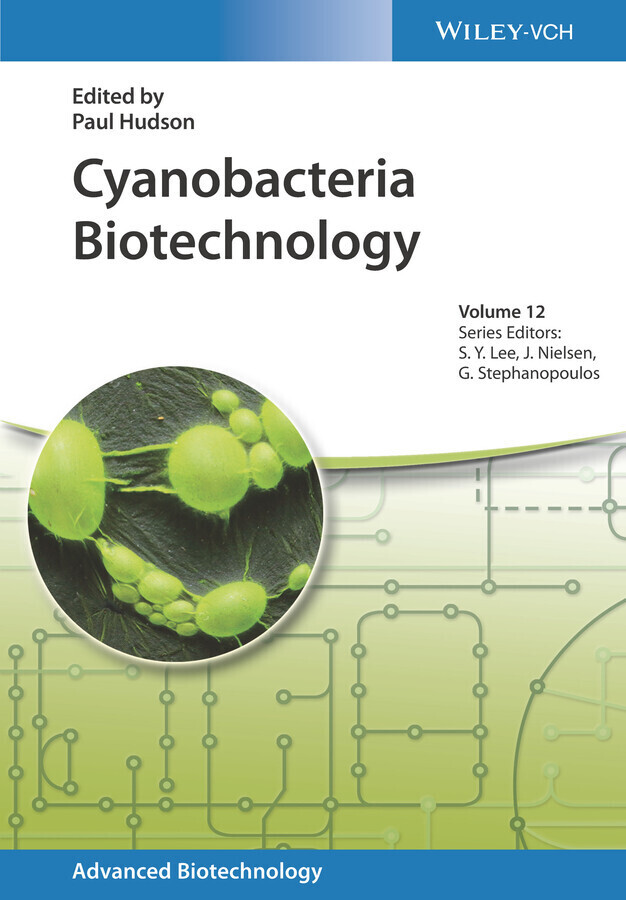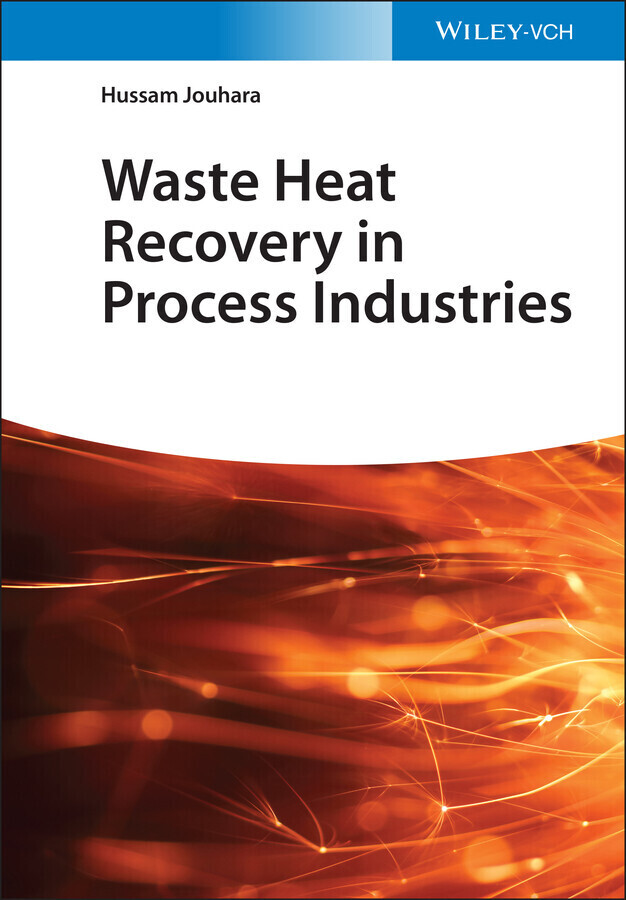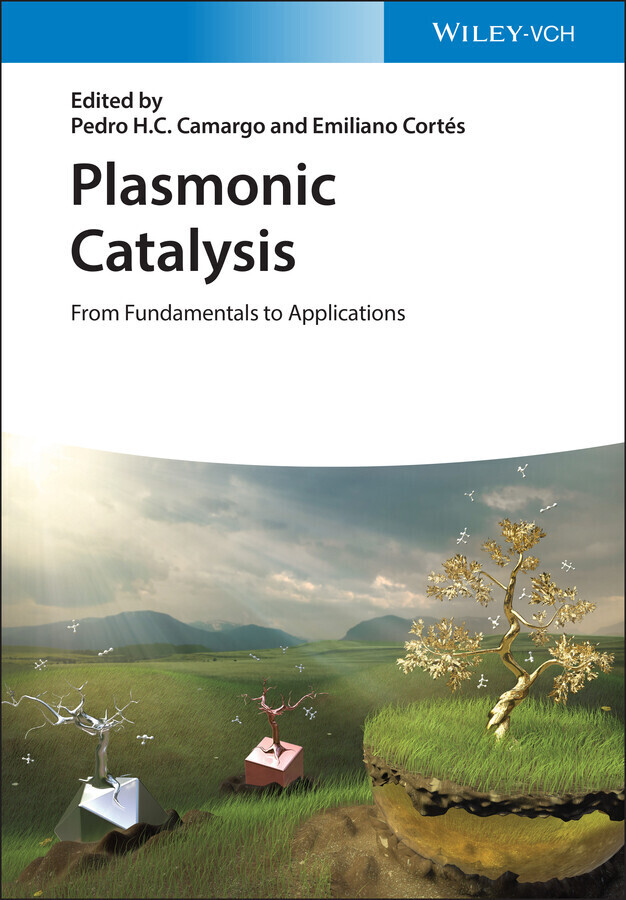Directed Evolution of Selective Enzymes
Catalysts for Organic Chemistry and Biotechnology
Authored by one of the world's leading organic chemists, this authoritative reference provides an overview of basic strategies in directed evolution and introduces common gene mutagenesis, screening and selection methods.
Throughout the text, emphasis is placed on methodology development to maximize efficiency, reliability and speed of the experiments and to provide guidelines for efficient protein engineering. Professor Reetz highlights the application of directed evolution experiments to address limitations in the field of enzyme selectivity, substrate scope, activity and robustness. He critically reviews recent developments and case studies, takes a look at future applications in the field of organic synthesis, and concludes with lessons learned from previous experiments.
Manfred T. Reetz is the current Hans-Meerwein-Research-Professor at the University of Marburg (Germany) and former Director and Professor Emeritus of the Max-Planck-Institut fur Kohlenforschung in Mulheim (Germany). He started his academic career in the US and returned to Germany for his doctorate, which he received in 1969 from the University of Gottingen. He was Professor at several universities in Germany and the USA and received numerous awards, including the Chirality Medal (2014), Otto Hahn Prize (2011), Tetrahedron Prize for Creativity in Organic Chemistry (2011), Arthur C. Cope Award (2009), Karl Ziegler Prize (2005) and the Leibniz Award of the German Research Council (1989). From 2007 to 2011, Reetz was Senator of the German Academy of Sciences Leopoldina. He has authored more than 550 publications, several book chapters and one book about organotitanium reagents in organic synthesis.
Throughout the text, emphasis is placed on methodology development to maximize efficiency, reliability and speed of the experiments and to provide guidelines for efficient protein engineering. Professor Reetz highlights the application of directed evolution experiments to address limitations in the field of enzyme selectivity, substrate scope, activity and robustness. He critically reviews recent developments and case studies, takes a look at future applications in the field of organic synthesis, and concludes with lessons learned from previous experiments.
Manfred T. Reetz is the current Hans-Meerwein-Research-Professor at the University of Marburg (Germany) and former Director and Professor Emeritus of the Max-Planck-Institut fur Kohlenforschung in Mulheim (Germany). He started his academic career in the US and returned to Germany for his doctorate, which he received in 1969 from the University of Gottingen. He was Professor at several universities in Germany and the USA and received numerous awards, including the Chirality Medal (2014), Otto Hahn Prize (2011), Tetrahedron Prize for Creativity in Organic Chemistry (2011), Arthur C. Cope Award (2009), Karl Ziegler Prize (2005) and the Leibniz Award of the German Research Council (1989). From 2007 to 2011, Reetz was Senator of the German Academy of Sciences Leopoldina. He has authored more than 550 publications, several book chapters and one book about organotitanium reagents in organic synthesis.
1;Cover;12;Title Page;53;Copyright;64;Contents;75;Preface;116;Chapter 1 Introduction to Directed Evolution;136.1;1.1 General Definition and Purpose of Directed Evolution of Enzymes;136.2;1.2 Brief Account of the History of Directed Evolution;166.3;1.3 Applications of Directed Evolution of Enzymes;286.4;References;297;Chapter 2 Selection versus Screening in Directed Evolution;397.1;2.1 Selection Systems;397.2;2.2 Screening Systems;567.3;2.3 Conclusions and Perspectives;647.4;References;658;Chapter 3 Gene Mutagenesis Methods;718.1;3.1 Introductory Remarks;718.2;3.2 Error-Prone Polymerase Chain Reaction (epPCR) and Other Whole-Gene Mutagenesis Techniques;728.3;3.3 Saturation Mutagenesis: Away from Blind Directed Evolution;828.4;3.4 Recombinant Gene Mutagenesis Methods;978.5;3.5 Circular Permutation and Other Domain Swapping Techniques;1038.6;3.6 Solid-Phase Combinatorial Gene Synthesis for Library Creation;1048.7;3.7 Computational Tools;1088.8;References;1139;Chapter 4 Strategies for Applying Gene Mutagenesis Methods;1279.1;4.1 General Guidelines;1279.2;4.2 Rare Cases of Comparative Studies;1309.3;4.3 Choosing the Best Strategy when Applying Saturation Mutagenesis;1429.3.1;4.3.1 General Guidelines;1429.3.2;4.3.2 Choosing Optimal Pathways in Iterative Saturation Mutagenesis (ISM);1479.3.3;4.3.3 Systematization of Saturation Mutagenesis;1549.3.4;4.3.4 Single Code Saturation Mutagenesis (SCSM): Use of a Single Amino Acid as Building Block;1619.3.5;4.3.5 Triple Code Saturation Mutagenesis (TCSM): A Viable Compromise when Choosing the Optimal Reduced Amino Acid Alphabet;1639.4;4.4 Techno-Economical Analyses of Saturation Mutagenesis Strategies;1669.5;4.5 Combinatorial Solid-Phase Gene Synthesis: An Alternative for the Future?;1719.6;References;17210;Chapter 5 Selected Examples of Directed Evolution of Enzymes with Emphasis on Stereo- and Regioselectivity, Substrate Scope, and/or Activity;17910.1;5.1 Explanatory Remarks;17910.2;5.2 Collection of Selected Examples from the Literature 2010 up to 2016;20110.3;References;20111;Chapter 6 Directed Evolution of Enzyme Robustness;21711.1;6.1 Introduction;21711.2;6.2 Application of epPCR and DNA Shuffling;21911.3;6.3 B-FIT Approach;22311.4;6.4 Iterative Saturation Mutagenesis (ISM) at Protein-Protein Interfacial Sites for Multimeric Enzymes;22711.5;6.5 Ancestral and Consensus Approaches and their Structure-Guided Extensions;22811.6;6.6 Computationally Guided Methods;23111.6.1;6.6.1 SCHEMA Approach;23111.6.2;6.6.2 FRESCO Approach;23311.6.3;6.6.3 FireProt Approach;23511.6.4;6.6.4 Constrained Network Analysis (CNA) Approach;23611.6.5;6.6.5 Alternative Approaches;23811.7;References;23912;Chapter 7 Directed Evolution of Promiscuity: Artificial Enzymes as Catalysts in Organic Chemistry;24912.1;7.1 Introductory Background Information;24912.2;7.2 Tuning the Catalytic Profile of Promiscuous Enzymes by Directed Evolution;25712.3;7.3 Conclusions and Perspectives;27112.4;References;27213;Chapter 8 Learning from Directed Evolution;27913.1;8.1 Background Information;27913.2;8.2 Case Studies Featuring Mechanistic, Structural, and/or Computational Analyses of the Source of Evolved Stereo- and/or Regioselectivity;28113.2.1;8.2.1 Epoxide Hydrolase;28113.2.2;8.2.2 Ene-Reductase of the Old Yellow Enzyme (OYE);28513.2.3;8.2.3 Esterase;29113.2.4;8.2.4 Cytochrome P450 Monooxygenase;29413.3;8.3 Additive versus Non-additive Mutational Effects in Fitness Landscapes;29913.4;References;30814;Index;31515;EULA;321
Reetz, Manfred T.
| ISBN | 9783527655496 |
|---|---|
| Artikelnummer | 9783527655496 |
| Medientyp | E-Book - PDF |
| Copyrightjahr | 2016 |
| Verlag | Wiley-VCH |
| Umfang | 320 Seiten |
| Sprache | Englisch |
| Kopierschutz | Adobe DRM |

